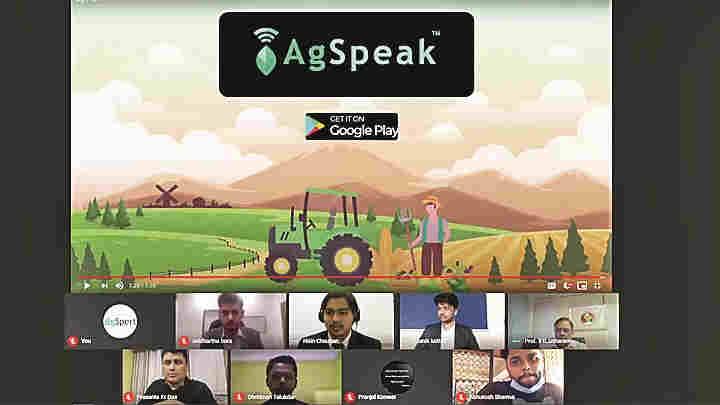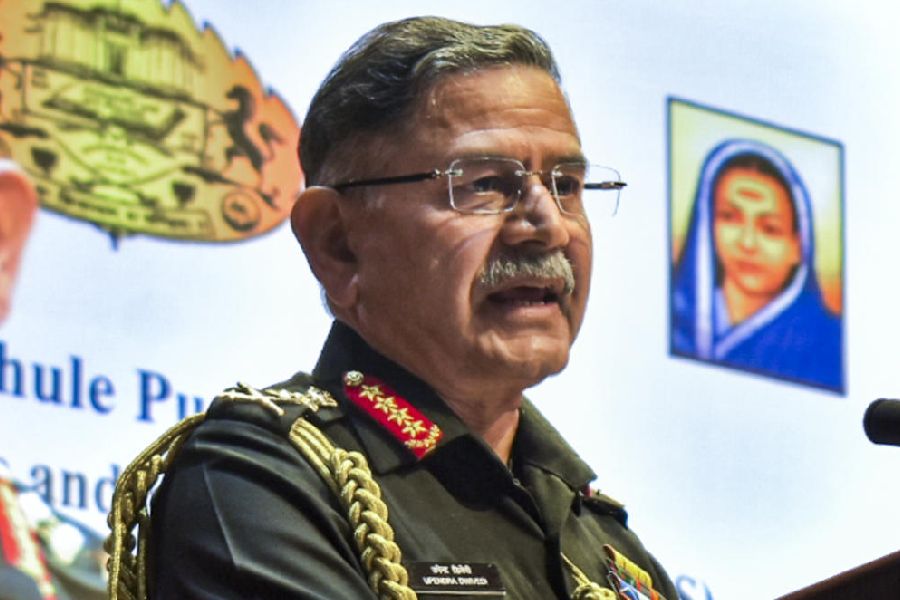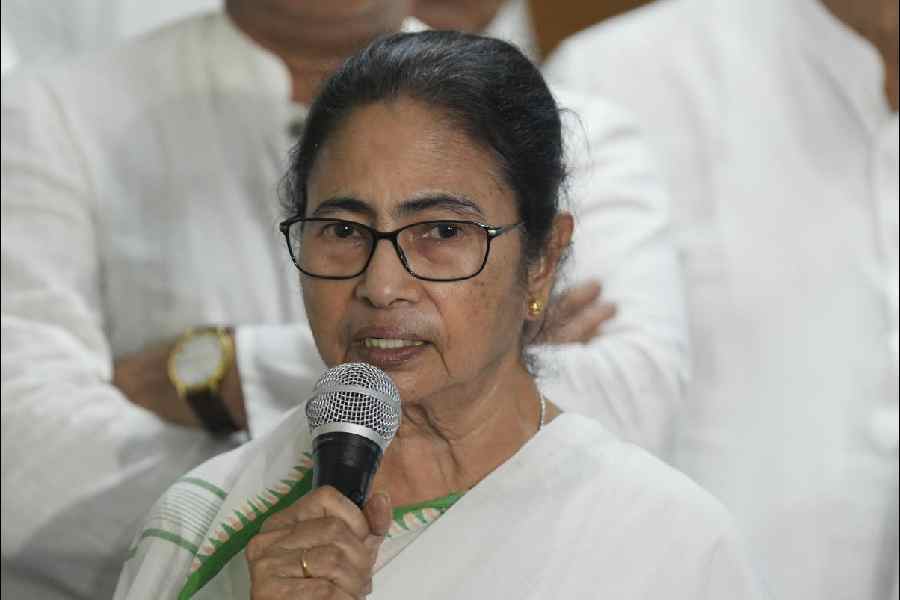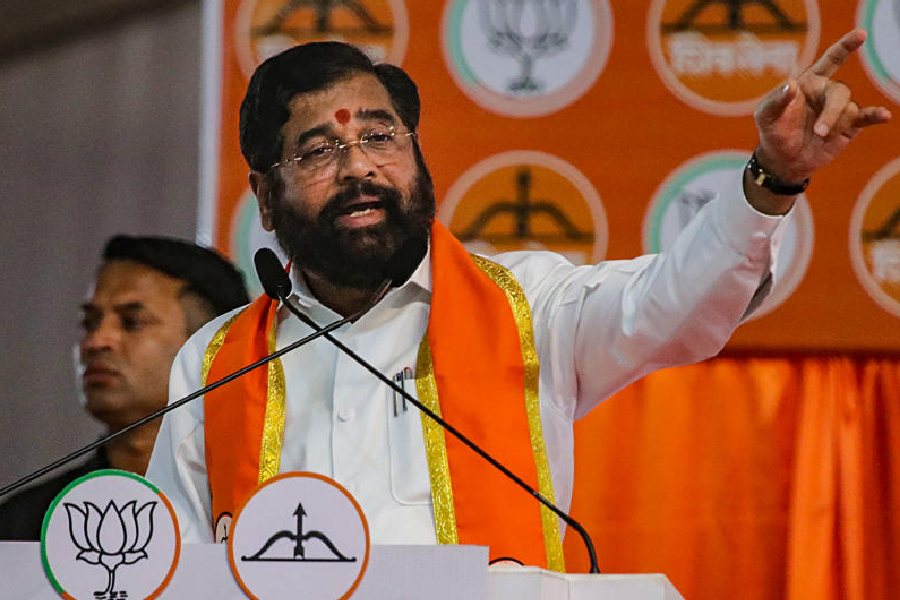AgSpert, an agri-tech start-up, has developed AgSpeak, a multi-lingual smartphone application for farmers to manage their farms and remotely monitor distress activities. Developed with the goal of optimising productivity with a little help from artificial intelligence (AI), this application will allow farmers to take decisions and manage farm activities with the click of a button on their smartphone or computer. The app will cater to a potential market in norteastern India, where agriculture is the major economic activity and is practised in diverse ecosystems. AgSpeak is a multilingual application that is also available in Assamese — a novelty in agri-tech apps currently in the market.
AgSpert was co-founded by Indian Institute of Technology, Guwahati, students Manik Mittal, Akash Sharma and Nitin Chauhan; National Institute of Technology, Silchar, alumnai Siddhartha Bora and Dhritiman Talukdar; and Dibrugarh University alumnus Kookil Pran Goswami. The AgSpeak app was recently launched by T.G. Sitharam, director of IIT Guwahati.
Driven by hyper local crop data from satellite and Internet of Things (IoT) devices, AgSpeak considers up to 20 parameters that are key indicators of crop health such as temperature, rainfall, sunlight hours and soil health status, to alert farmers in advance to possible threats. It also suggests how best to tackle these threats.
The app has been tested by 500 farmers and at two tea estates for the past three months. Some of the major breakthroughs by the algorithm were the precise prediction of potato blight and the tea mosquito bug, along with water stress in winter crops. These are major reasons of crop damage that can lead to farmers and small tea gardens losing lakhs of rupees.
Fight against non-science
The Indian Science News Association (ISNA) was established in 1935 on the initiative of Meghnad Saha and Acharya P.C. Ray with the objective of disseminating science news as well as the reflections of Indian scientists. The association has been publishing a journal, Science and Culture, from its inception. It also organises seminars, symposia, memorial and endowment lectures. Since 1983, ISNA has been conducting a 10 to 12-week course on science communication and media practice. Due to the Covid-19 situation, the 34th training programme was organised via a webinar from November 24 to November 30, in association with Vigyan Prasar, the department of science and technology, Government of India. T.V. Venkateswaran of Vigyan Prasar emphasised on infotainment and creativity in science communication with an eye-catching audio-visual presentation. Hasan Jawaid Khan, editor of Science Reporter, said the pandemic has given science communicators an opportunity to throw light on basic scientific principles and fight misleading news in social media. The session ended with a vote of thanks from convenor Amit Krishna De, who spoke of ISNA’s role in grooming science communicators.











